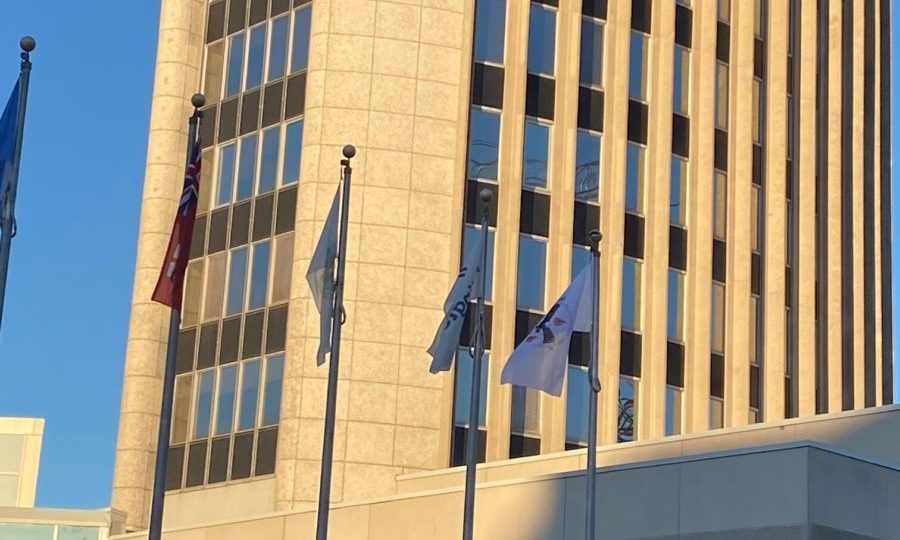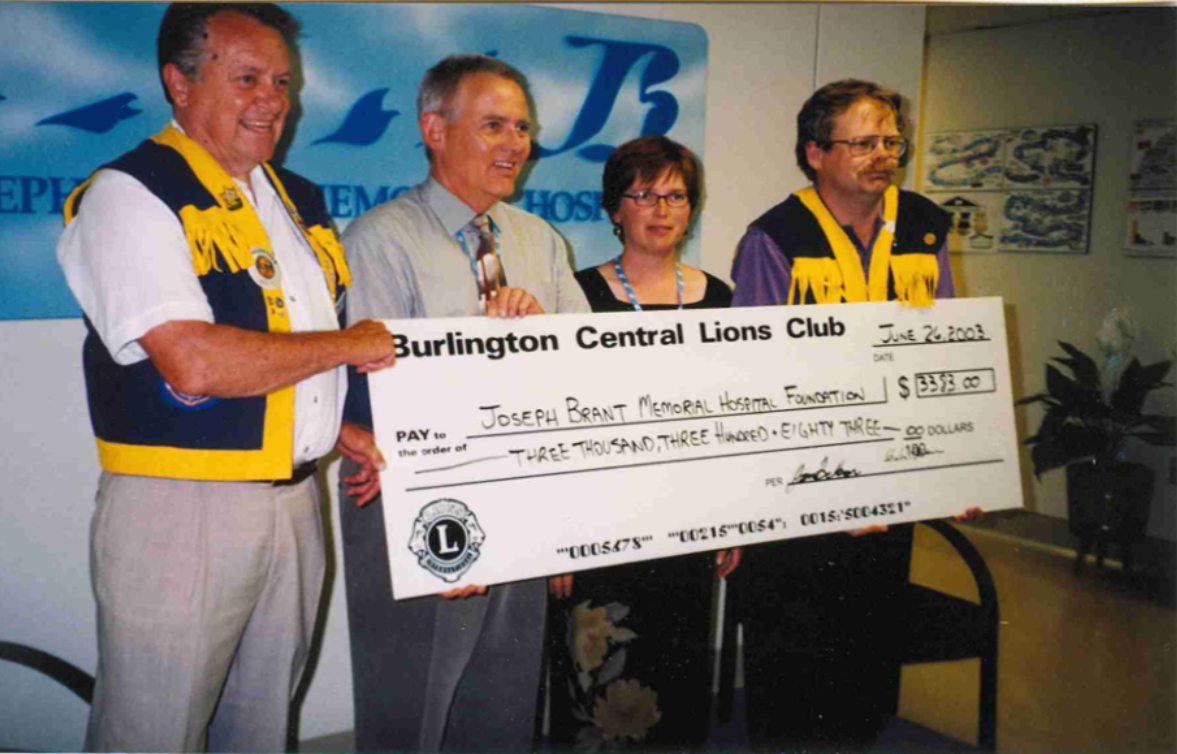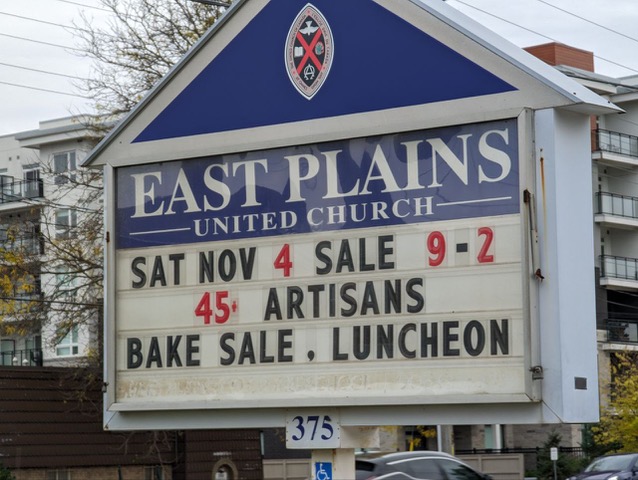There’s an important report in the October 5, 2021, Community Planning, Regulation and Mobility Committee agenda, written by Executive Director of Community Planning, Regulation and Mobility Heather MacDonald. The subject is “Revenue Funded Positions for Development Services” in Report PL-46-21, which requests 18 additional staff to deal “with significant workload, pressures, and challenges.” Three of these staff positions will be reallocated from within existing resources (i.e. from other departments).
If you are interested in the pace of development in Burlington, and in who is making the decisions for our community, this report is pretty clear. There is an existing backlog, which is obvious when legislated timelines aren’t being met, and agency comments aren’t received in time for staff reports to be completed. Even more applications are on the horizon. If you are a property owner wanting to develop a parcel of land, or a resident trying to keep up with council decision-making, this report shares some key current and historical data.
The recommendation in the report is to “approve additional staff positions required by Development Services and funded by revenues.”
As readers likely know, development services like official plan amendments, zoning bylaw amendments, site plan approvals, lot grading and drainage review, infrastructure design and development, building permits and building inspections, are provided by several city departments: engineering; transportation; community planning; and building and bylaw.
In 2019, the Building Permit Services section completed a building permit fee review and updated its fee schedule. Community planning is currently reviewing its development application fees, last done in 2012, which should be completed by the end of this year. Development services is also supported by various departments, such as information technology, legal, human resources, finance, and clerks.
Council recently approved a new Official Plan that identified primary and secondary growth areas. The primary growth areas include the three Major Transit Station Areas (MTSAs) and the adjusted boundary for the Urban Growth Centre (UGC). This new framework provides more opportunities for development and will create sustained workload touching many city departments. The city’s expectation has been that growth should pay for growth, so the report highlights staff positions that can be funded directly from development application fees.
Based on community planning pre-consultation activity and formal applications received or in progress, Appendix A in the report summarizes active community planning applications in residential and major employment categories based on the stage they’re at in the development application process. See the two charts below.
Active Major Residential Planning Applications
| Development Status | Number of Applications | Approximate Residential Units |
| Site plan application not yet received | 5 | 1500 |
| Site plan review in process | 15 | 2200 |
| Zoning bylaw amendment pre-consultation | 5 | 2800 |
| Zoning bylaw amendment in process | 13 | 6900 |
| Development application appealed to OLT | 9 | 5700 |
| Total | 47 | 19,100 |
Active Major Employment Development
| Development Status | Number of Applications | Approx. Floor Area (sq. metres) |
| Site plan review in process | 11 | 175,000 |
| Site plan with conditional approval | 4 | 65,000 |
| Total | 15 | 240,000 |
Appendix B in the report compares building permit activity from 2018 to 2021:
Building Permits Issued
| Year | Number of Permits Issued |
| 2018 | 1982 |
| 2019 | 1665 |
| 2020 | 1447 |
| 2021 | 1600 (forecast) |
Construction Value of Building Permits Issued
| Year | Value in Millions |
| 2018 | $419 |
| 2019 | $339 |
| 2020 | $370 |
| 2021 | $476 (forecast) |
The report notes 18 staff are needed to meet the workload associated with sustained development activity. The 15 new hires and three reallocated from existing staff will be for the following positions:
- Community planning: two coordinators; one zoning reviewer; three planners; two senior planners
- Engineering services: two senior technicians
- Transportation services: one supervisor
- Building permit services: two clerks; one supervisor; one technologist; one coordinator (reallocated); two senior building inspectors (reallocated).
The result of recruitment for these positions, and the three reallocations, is expected to be that the city will “successfully meet legislated timelines and deliver on council’s objectives and customer experience expectations.”
“What has changed, particularly since the 2012 planning application fee review, is the complexity of development applications. The City is growing from within through intensification of its urban area. This type of development has resulted in significant increases in staff time and effort to process increasingly complex development applications. Without more staff capacity, applicants will continue to experience delays in their development approvals.”
Should council approve the recommendation of this report, it is “expected that all positions will be immediately posted for recruitment with a priority for Engineering Services to resolve urgent capacity issues on the Site Engineering team.” In the interim, engineering will use consulting services to meet demand until recruitment is complete.
Funding for development services staff comes from the operating budget and is supported by revenues from development application fees. The financial impact of this report, based on 2022 union and non-union human resources costs, is $1,770,309: community planning, $986,055; building permits, $415,457; engineering, $227,976; transportation, $140,821. If revenues are not achieved to recover these costs, the report suggests that a draw from the corresponding stabilization reserve funds would be required. Those reserve funds include the Building Permit Stabilization Reserve Fund, Planning Fee Stabilization Reserve Fund, and Engineering Fee Stabilization Reserve Fund.
The recommendations from the committee meeting will be considered by council at their meeting on October 19, 2021. Stay tuned!




